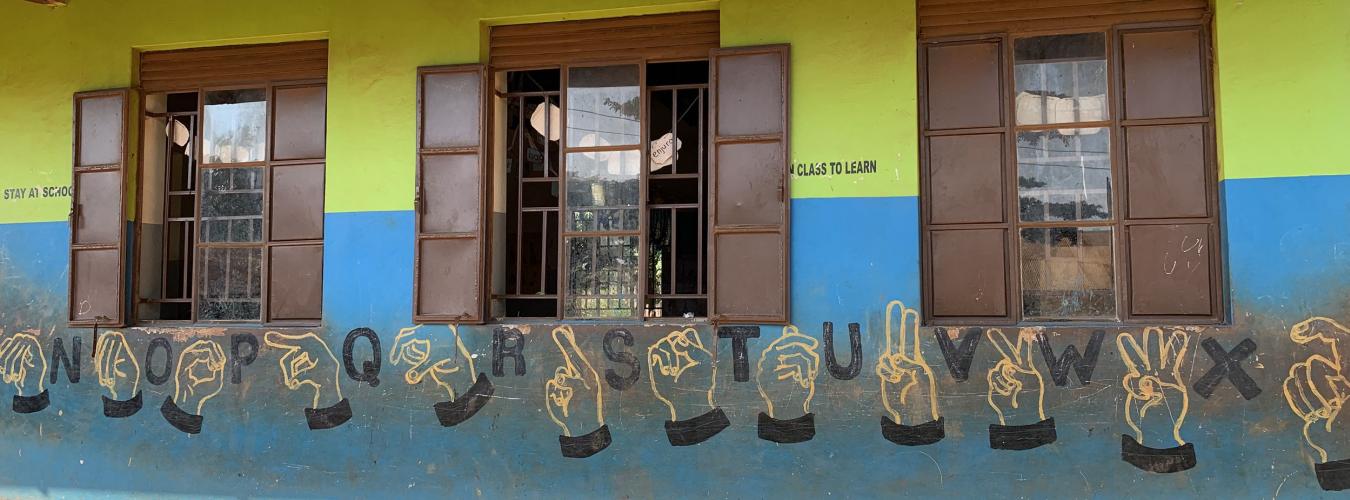
Source: https://www.un.org/en/observances/day-of-persons-with-disabilities
International Day of Persons with Disabilities
Disability inclusion is an essential condition to upholding human rights, sustainable development, and peace and security. It is also central to the promise of the 2030 Agenda for Sustainable Development to leave no one behind. The commitment to realizing the rights of persons with disabilities is not only a matter of justice; it is an investment in a common future.
The global crisis of COVID-19 is deepening pre-existing inequalities, exposing the extent of exclusion and highlighting that work on disability inclusion is imperative. People with disabilities—one billion people— are one of the most excluded groups in our society and are among the hardest hit in this crisis in terms of fatalities.
Even under normal circumstances, persons with disabilities are less likely to access health care, education, employment and to participate in the community. An integrated approach is required to ensure that persons with disabilities are not left behind.
Disability inclusion will result in a COVID19 response and recovery that better serves everyone, more fully suppressing the virus, as well as building back better. It will provide for more agile systems capable of responding to complex situations, reaching the furthest behind first.
Did you know?
- Of the one billion population of persons with disabilities, 80% live in developing countries.
- An estimated 46% of older people aged 60 years and over are people with disabilities.
- One in every five women is likely to experience disability in her life, while one in every ten children is a child with a disability.
- Persons with disabilities in the world are among the hardest hit by COVID-19.

